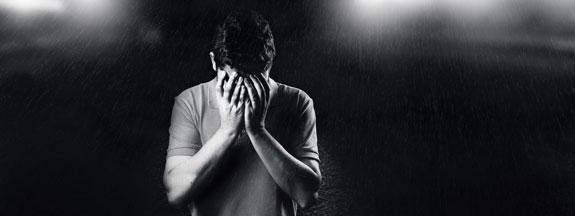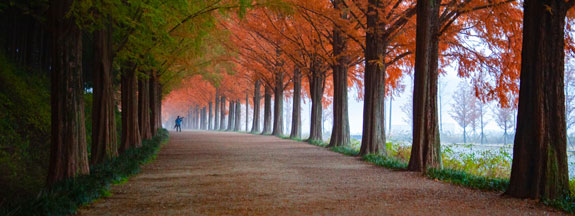Joining the Great We
We admitted we were powerless over alcohol - that our lives had become unmanageable.
For me, I was tired of waking up the next morning, wondering what embarrassing shit I had done the night before. For many others, they had DUIs, arrests and other life altering things.
Starting This Journey
Step 1 of Alcoholics Anonymous is about surrendering. Surrendering to a higher power. Which is tough for me because I’m Buddhist. We don’t really have a higher power. It’s all about self-reliance, changing your own behavior to reach enlightenment.
Reading Chapter 1 of Mindfulness and the 12 Steps: Living Recovery in the Present Moment, a text that goes over the 12 steps from a Buddhist perspective, I found a lot of things that I can really relate to.
The author talks about how the 12 Steps opened the door to an inner spiritual life which she had sealed shut most of her life due to a bitter and hard catholic upbringing. For me it was a fundamentalist Christian upbringing, but same thing. There is a lot of hurt and pain stemming from religion. Suppressing those feelings, that bitterness, dare I say that hate, is probably one of the big reasons I turned to alcohol in the first place.
The Four Noble Truths
Fortunately, the Buddha gave us the Four Pure Insights Into the Way Things Are or the Four Noble Truths - which echo a lot of the same things that the 12 Steps talk about.
First Noble Truth: Life is suffering or dukkha. For alcoholics, our dukkha is addiction and codependency.
Second Noble Truth: For every external event, we have an internal response. For addicts this means we numb out our dukkha with drugs or alcohol. The Buddha encourages rigorous personal honesty and self-observation byway of mindfulness meditation.
Third Noble Truth: There is can be an end to suffering. It’s possible to transform our internal responses to the outside events that we can’t control. (Insecurity, self-hate, internalized homophobia, bitterness toward religion in my case.)
"If we are willing to deeply engage in spiritual practice, we will change, even down to the cellular level."
Fourth Noble Truth: There is a path out of suffering. The concrete practice of mindfulness, loving-kindness meditation, and ethical living open the way to a life of greater peace and happiness.
"When dukkhas (“thirsts”) such as loneliness, addictive cravings, or angry feelings take hold, we get lost in our own bubble of pain and separateness. Buddha’s insight was that believing we are unique and alone is a basic human delusion." -Jacobs-Stewart, Thérèse. Mindfulness and the 12 Steps: Living Recovery in the Present Moment (p. 6). Hazelden Publishing. Kindle Edition.
Asking For Help
It’s hard for me to ask for help. I don’t ask for help. I’m willing to help all of my friends. Even strangers. I love helping people. But I don’t like people doing stuff for me. Even when friends buy me lunch, it makes me feel uncomfortable.
Asking for help, going to AA for the first time, and asking my sponsor to help me were some of the toughest things I’ve done in my life.
But the more I read, the more I realize it takes a village, to achieve sobriety. And live sober. Buddhism teaches that we are all interconnected and interdependent. Believing that we are separate is a delusion. This idea is still hard for me to fully grasp. At least in the admitting vulnerability and asking for help sense.
"We have to recognize and acknowledge the presence of this suffering and touch it. To do so, we may need the help of a teacher and a Sangha, friends in the practice." -Thich Nhat Hanh, The Heart of the Buddha (Chapter 3)




Leave a Comment